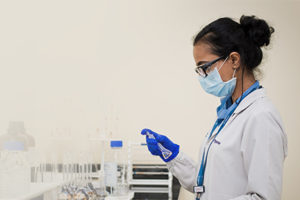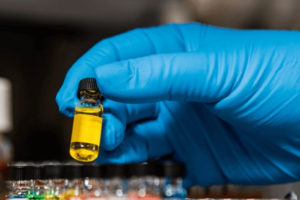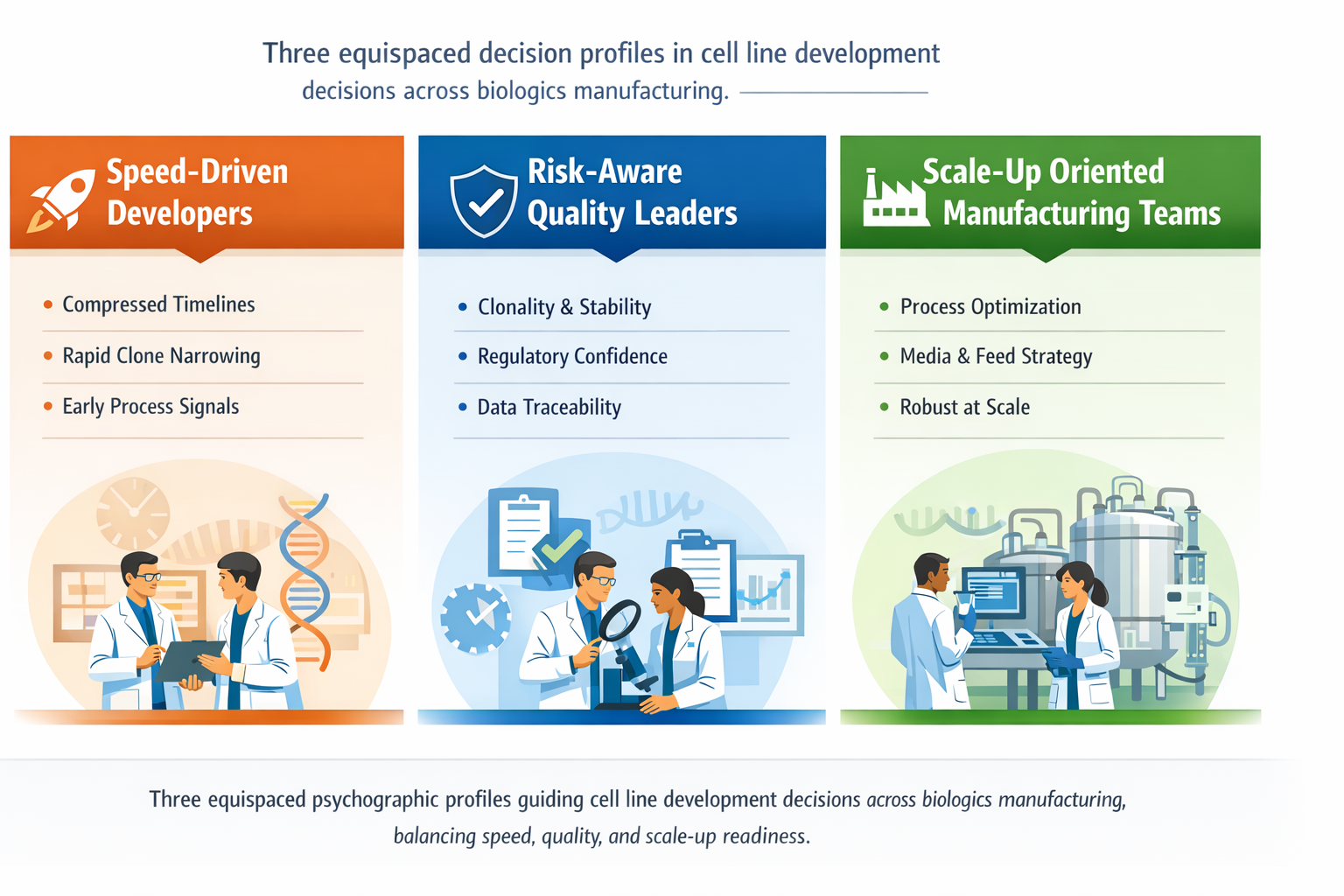The Spark: National Mental Health Survey (NMHS)
India’s first comprehensive mental health survey, the NMHS (2015–16), led by Dr. G. Gururaj, former Senior Professor and Head of the Department of Epidemiology, Centre for Public Health, at NIMHANS Bengaluru, revealed a startling truth: urban metros had the highest prevalence of common mental disorders. According to the survey, 10.4% of the population in India is affected by common mental disorders such as depression, neurotic conditions, and stress-related disorders. The prevalence is significantly higher in cities with populations exceeding one million, at 13.8%, compared to 9.2% in rural areas. These findings highlighted the greater mental health burden in urban settings and underscored the urgent need for targeted, city-specific strategies to address this challenge. Despite better access to mental healthcare in metro cities of India, treatment gaps for mental disorders hovered around 80%, driven by stigma, lack of awareness, and a tendency to self-manage distress. This data laid the foundation for a deeper exploration into urban mental health, especially in megacities like Bengaluru.
In this context, the Biocon Foundation, supported by Syngene, partnered with the Department of Epidemiology, Centre for Public Health, NIMHANS, aimed to empower communities to protect and promote mental health. NIMHANS has also conducted a dedicated Bengaluru Mental Health Survey (with support from the Ministry of Health and Family Welfare, Government of India) covering around 3,600 adults, the findings of which will be published soon.
From evidence to intervention: The BUMHI Model
Recognizing the greater need for preventive and promotive mental health care in urban settings, the BUMHI project was born.
The initiative seeks to document and design urban-specific mental health strategies, strengthening self-care and informal community care. The World Health Organization (WHO) framework for mental health services places these forms of care at the base of the pyramid, emphasizing their critical importance for communities and their cost-effectiveness. Self-care, in particular, equips individuals with essential knowledge about common mental disorders, understanding when to seek help, whom to approach for care, and how to manage emotions and stress effectively.
It embraced a spectrum-based approach, acknowledging that mental health ranges from optimal wellness to distress to diagnosable disorders. Crucially, it focused on the often-overlooked middle zone, distress, which affects 30 to 40% of the population and can be addressed through low-intensity interventions like brief counseling and self-care.
Building blocks of change: community-driven nodules
Through literature reviews, expert consultations, and community engagement during the COVID-19 pandemic, the team identified 38 skills and factors relevant to mental health self-care and informal care. In consultation with experts and community stakeholders, these were streamlined into 17 essential skills, which were further consolidated into 13 training modules.
- Accountability
- Emotions
- Stress Management
- Empathy
- Communication
- Assertiveness
- Goal setting, Problem solving and Decision making
- Physical health
- Social support and balancing life
- Mental health awareness
- Psychological first aid
- Self-knowledge
- Conscientiousness and spirituality
Pivoting strategy: CSOs as change catalysts
Initial outreach to resident welfare associations, sociocultural organizations and volunteers yielded only modest results. The abstract nature of mental health promotion and low interest in preventive care led the team to pivot toward other civil society organizations (CSOs) including NGO’s, which proved transformative.
These organizations, which work directly with vulnerable populations such as garment workers, burn survivors, and slum residents, were eager to receive training and support. Their affiliation with NIMHANS lent significant credibility, and today, 65 organizations have trained over 2,000 unique individuals through 222 sessions, sparking a wave of awareness and care across communities.
Faces of transformation: voices from the community
The 13 self-care modules developed under the BUMHI initiative have become more than just training tools – they have been catalysts of change. Designed to help grassroots workers manage the emotional and social pressures often overlooked in urban communities, these modules have built
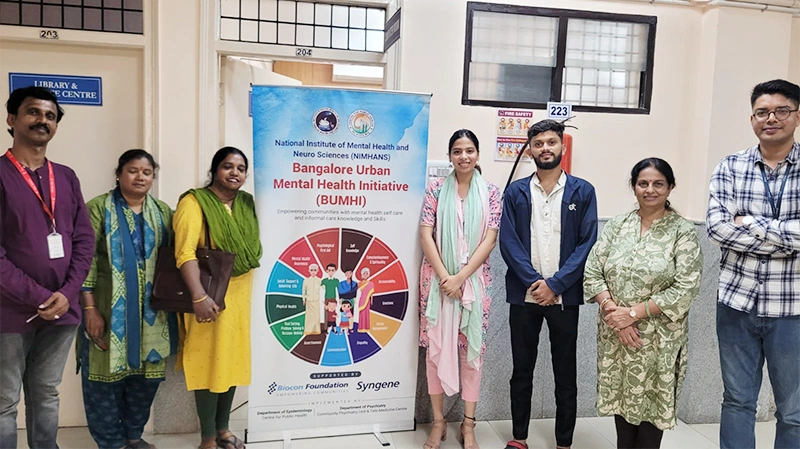
individual resilience and sparked a wider ripple of empowerment.
Saraswathi M’s journey exemplifies this transformation. Once hesitant and unsure, she now leads health initiatives for pregnant women with
confidence, playing a vital role in ensuring 10 safe deliveries while gaining a new sense of self-assurance.
Her story, however, did not begin in the health sector. Saraswati started her professional life as the first high school teacher at a high school. Guided by her deep commitment to social development, she later transitioned into community health. For five years, she has worked tirelessly on maternal and child well-being projects under the Swami Vivekananda Youth Movement, addressing some of the most pressing health challenges in underserved communities.
The journey was not easy. Initially, Saraswathi faced challenges due to limited experience and the lack of structured processes. However, the BUMHI module training empowered her with essential skills, enabling her to offer informal mental health support within her community confidently.
For Saraswati, the BUHMI module training has been transformative. Not only has it strengthened her expertise in program implementation and health management, but it has also deepened her ability to adapt and lead. Today, Saraswathi has begun practicing art therapy and encourages her daughter to do so as well. This helps them approach their personal challenges logically. She is recognized as a valuable contributor to initiatives that uplift the health and lives of women and children in vulnerable communities. This leader embodies the ripple effect of empowerment that BUHMI set out to create.
Similarly, Vennila’s story reflects resilience forged through personal struggle. A burn survivor herself, she now uses her training to counsel others facing stigma and trauma, helping them find strength and emotional stability. Today, as a counsellor with Agni Raksha, an NGO dedicated to supporting burn victims, she touches and transforms hundreds of lives.
Her journey with Agni Raksha began after her own life-saving treatment. What started as a fight for survival gradually became a deep commitment to the organization’s mission. Over time, Venila became a vital part of the team, supporting fellow survivors through counselling, education assistance, and community outreach.
She often emphasizes the importance of psychological support in recovery. “When patients regain consciousness after an acute burn injury, they often experience intense pain and overwhelming despair,” she explains. Many survivors grapple with rejection, isolation, and, at times, suicidal thoughts.
To address this, Vennila provides continuous counselling sessions not only at the center but also in vulnerable communities such as slum areas, where stigma and negative social attitudes can deepen mental health struggles. Through her empathetic approach, she helps survivors rebuild self-esteem, cope with trauma, and reintegrate into society with renewed confidence.
Her work extends beyond survivors themselves. Recognizing the immense effect of trauma, Venila ensures that children of burn survivors receive educational support, helping families break the cycle of hardship and look toward a brighter future.
The confidence and skills that empower Vennila in this role were shaped by the training she received from the NIMHANS team under the BUHMI project. Today, she embodies the hope and resilience that Agni Raksha seeks to instil, standing as both a survivor and a beacon of healing for others.
The training also sparked a transformation in his own life. Inspired by sessions on goal setting and self-improvement, Vennila returned to her studies, completing his 10th standard and PUC and is now pursuing a master’s in social work (MSW). “I want to continue growing to serve the community better,” she shares with quiet determination.
The impact of BUMHI training resonates in Venkatesh’s story as well. For nine years, he has dedicated himself to an organization in Bengaluru that focuses on cancer prevention and community health awareness. His work takes him deep into slum communities, where access to healthcare is scarce and awareness about preventive measures is often minimal.
The organization runs four major projects, with a strong emphasis on breast and cervical cancer awareness, two of the most common cancers affecting women in these neighbourhoods. Venkatesh and his team work hand in hand with Gynaecologists to conduct health awareness sessions, guiding women on early detection, healthy lifestyle practices, and the importance of regular check-ups.
But Venkatesh’s contribution extends far beyond awareness campaigns. Determined to improve his impact, he has invested deeply in his own personal development. Over the years, he has attended training programs under BUMHI that strengthened his communication skills, empathy, problem-solving abilities, and goal-setting mindset. “Learning how to communicate effectively with the community has been the most valuable skill,” he reflects. These skills not only help him build trust and encourage open conversations but also allow him to provide emotional support to those navigating fear and uncertainty.
Together, the stories of Saraswati, Vennila, and Venkatesh illustrate the profound impact of BUMHI, not just on communities but on the individuals who dedicate themselves to serving others. Their journeys reflect resilience, empowerment, and the lasting change that begins with self-care, training, and the courage to lead.
Looking ahead: A model for all cities
BUMHI’s success lies in its emphasis on community-based preventive and promotive mental health care over curative approaches, its strategic partnerships, and its focus on self-care and informal support. This approach addresses the treatment gap and empowers communities to take charge of their mental health, offering a scalable model for urban centres across India.
Behind the movement: champions of BUMHI
The success of BUMHI is rooted in the thoughtful design and tireless efforts of the NIMHANS team,
led by Dr. Aravind B. A., the Principal Investigator of the project, with key contributions from Ms. Meghana S A, who delivers the training and actively engages with the community through regular interactions. Ms. Yeshashvi M C and Mr. Vasanth Hegde have been key contributors to the program’s success.
Their approach was deeply participatory, engaging community-based organizations (CBOs),
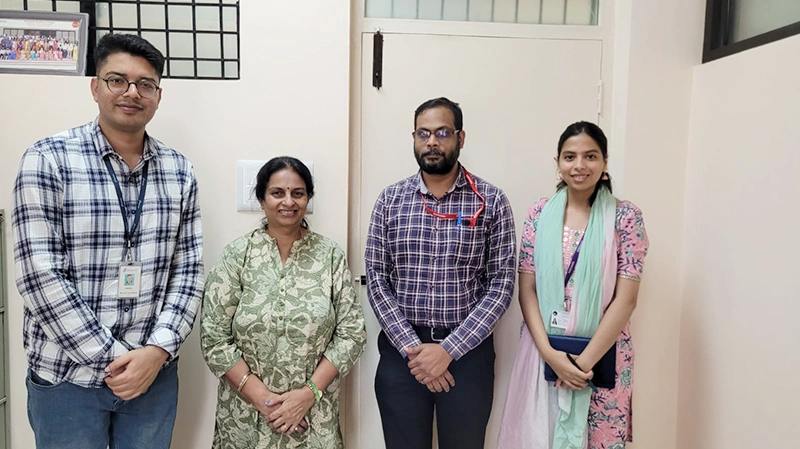
conducting consultative meetings, and ensuring that the modules reflected the lived realities of diverse populations. This design philosophy ensured that BUMHI was not just a top-down intervention, but a community-owned movement.
Empowering from the ground up: training that transforms
The team’s commitment to grassroots engagement was evident in their training strategy. By equipping CBOs to deliver mental health modules, BUHMI reached marginalized groups across Bengaluru, including garment workers, slum residents, transgender individuals, and more.
Post-training assessments demonstrated significant improvements in understanding mental health, managing emotions, and providing psychological support for distressed individuals. The results are presented below:
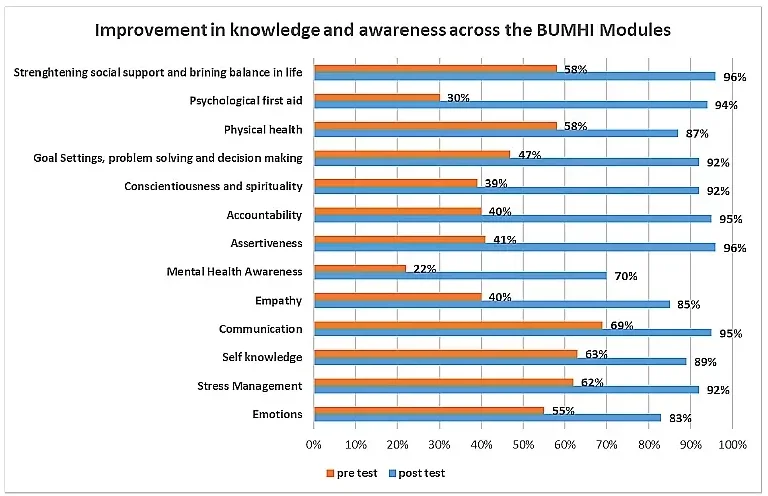
Syngene’s CSR: catalyzing inclusive healthcare with Biocon Foundation
The BUMHI initiative owes much of its success to the leadership of Dr. Anupama Shetty and her team at the Biocon Foundation. Under her guidance, the Foundation extended strategic and financial support to the project as part of Syngene’s CSR program.
Dr. Shetty’s team ensured the initiative was inclusive, scalable, and sustainable, enabling the widespread training of over 2,000 individuals in self-care and mental well-being.
This partnership is a testament to Syngene’s enduring commitment to inclusive healthcare and community resilience, anchored in its belief in science-led social impact.



